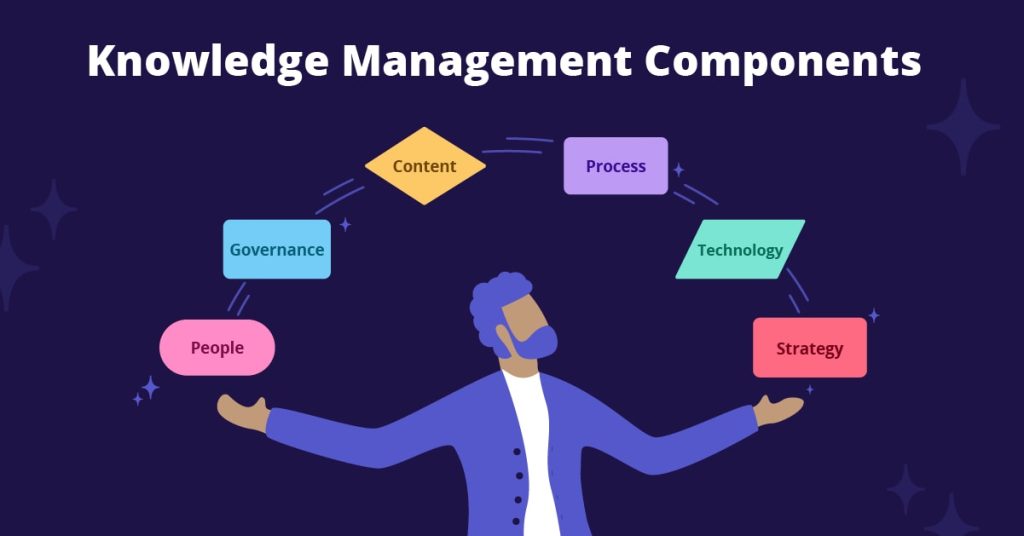In the era of digital transformation and rapid innovation, the ability of an organization to manage, share, and leverage knowledge is more crucial than ever. Knowledge Management (KM) refers to the structured process of capturing, distributing, and effectively using organizational knowledge. It enables companies to enhance productivity, foster innovation, and maintain a competitive edge in dynamic markets.
Why Knowledge Management Matters
Every day, businesses generate a vast amount of data, insights, and best practices. However, if this knowledge is not captured and shared, it remains siloed in departments or lost when employees leave. This loss can slow decision-making, increase redundancy, and reduce efficiency. Knowledge management helps prevent this by ensuring that critical information is stored, accessible, and continuously updated.
Moreover, knowledge isn’t just technical know-how—it includes experiences, lessons learned, customer feedback, processes, and cultural understanding. A strong KM strategy empowers employees at all levels to learn from one another, make faster decisions, and align more effectively with organizational goals.
Benefits of Knowledge Management in Organizations
- Improved Productivity: By making information readily accessible, employees spend less time searching for data and more time applying it.
- Faster Onboarding: New hires can quickly get up to speed through access to organizational knowledge repositories, reducing training time and enhancing integration.
- Better Decision-Making: Centralized knowledge systems ensure that employees can access data-driven insights, improving the quality and speed of decisions.
- Innovation & Collaboration: A culture of shared knowledge promotes idea exchange, team collaboration, and continuous improvement.
- Reduced Operational Risk: Retaining institutional knowledge minimizes the disruption caused by employee turnover.
The Role of Training in Knowledge Management
Implementing a successful KM strategy requires more than just software—it requires a shift in organizational mindset. That’s where knowledge management training for employees plays a critical role.
Training programs help employees understand the importance of documenting their work, collaborating cross-functionally, and using knowledge-sharing tools. When people are trained to recognize, capture, and share valuable knowledge, it becomes part of the company culture.
Organizations can adopt a variety of formats:
- Workshops and seminars for hands-on KM practices.
- Online knowledge management courses for employees to promote flexible, scalable learning.
- Certification programs for KM professionals to lead and implement strategies at scale.
Investing in Knowledge Management Courses for Employees
Companies are increasingly offering structured knowledge management courses for employees, often in partnership with e-learning providers or internal learning & development teams. These courses typically cover:
- Knowledge capture and sharing techniques
- Use of KM tools and platforms
- Best practices in collaboration and content curation
- Leadership strategies for building a KM culture
Whether delivered through platforms like Coursera, LinkedIn Learning, or custom LMS systems, such training ensures long-term KM success.
Final Thoughts
Knowledge management is no longer a luxury—it’s a strategic necessity. With the right tools, culture, and knowledge management training for employees, organizations can unlock immense value, drive innovation, and sustain growth. By institutionalizing knowledge, companies build resilience and set the stage for smarter, more agile operations.
